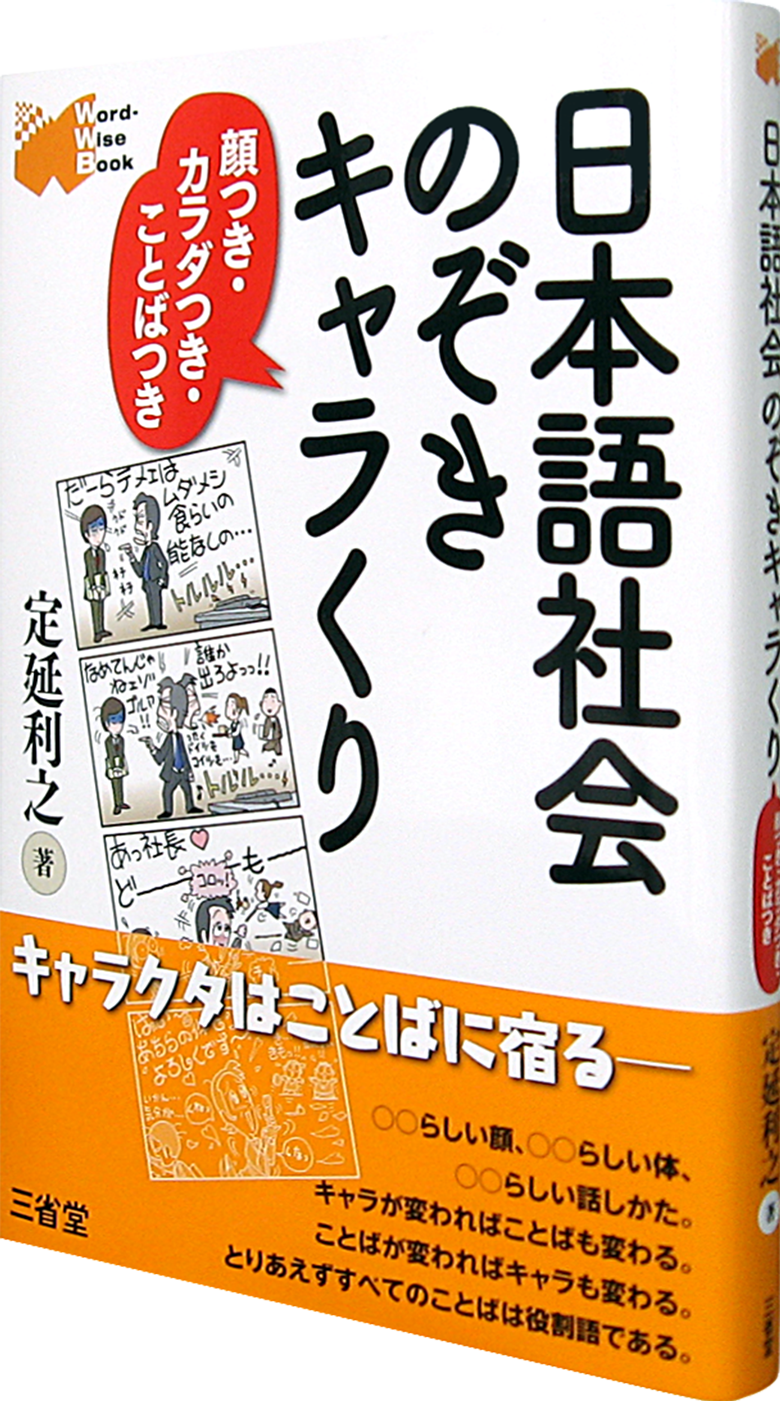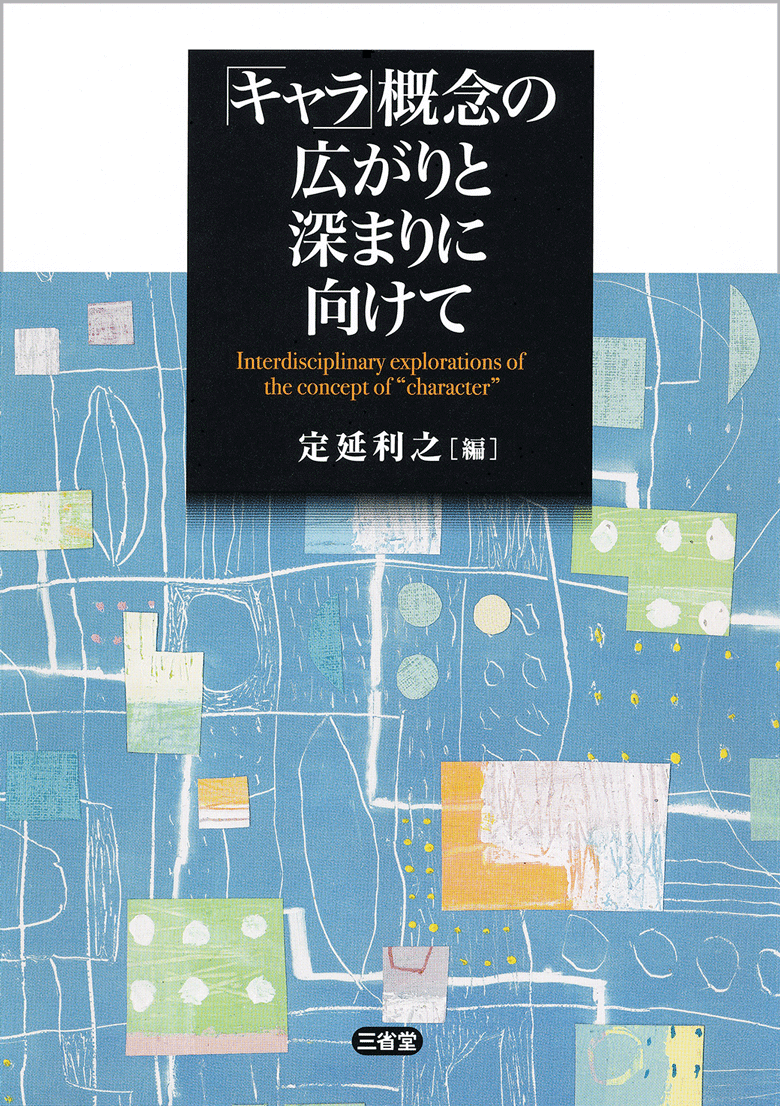
The link between language and character is varied, having at least three forms of connection (see part 43). However, the first (part 44) and third (parts 45 and 46) types of connection are seen when a character is connected with things other than actual language.
This time I will discuss the second type of connection. In this connection “language that expresses an action, also indirectly expresses the character that is performing that action.” For example “to chuckle gloatingly” is not just a laugh, it is a “bad guy’s” laugh. In this connection the existence of person doing the expressing comes to the forefront; this connection is not visible except in language.
The imperative form of the verbal phrase “nitari-to hokusoemu (i.e. chuckle gloatingly)”—“nitari-to hokusoeme! (Chuckle gloatingly!)” —is unnatural. Why? The act of chuckling gloatingly is not merely the act of laughing. It contains a feeling of gloating, and as this cannot be intentionally controlled, the imperative is not appropriate. One can make one’s face red by rubbing it or drinking alcohol, but one cannot dredge up a sense of embarrassment intentionally “to blush.” So it would be similarly unnatural to use the imperative—“Blush!” While this explanation seems plausible, it is rather dubious.
It would make perfect sense to tell someone, “I know you are always gloating inside, even though you never show it on your face. Go ahead and try laughing gloatingly. Just once.” That is, you could tell someone to try to “laugh while thinking gloating thoughts.” The explanation that just because people cannot control their gloating feelings, you cannot order them to do so, contains a logical leap.
The unnaturalness of the imperative “Chuckle gloatingly!” stems from the fact that the verbal phrase expresses not just the act of laughing (a behavior), but also the “bad guy” character of the person doing the laughing (the performer of the behavior).
Character cannot be intentionally controlled outside of the context of play. As “to chuckle gloatingly” is not just a behavior, but a verb that specifies the character of the behavior’s performer in an obvious way, the imperative “Chuckle gloatingly!” is unnatural because it demands that the listener control his or her character.
Let’s look at the verb “tatazumu” (to stand still)(1). It would not be particularly unnatural to use the imperative of “jitto tatte iru” (to stand still) i.e. “Jitto tatte iro” (Stand still!). But, the imperative form of the verb “tatazumu”—“Tatazume!”—is unnatural. This time we cannot blame this unnaturalness on the feelings of the performer. The verb tatazumu does not imply any specific feeling such as gloating or shame.
The unnaturalness of the imperative “Tatazume!” stems from the fact that the verb tatazume expresses not just the act of standing still (a behavior), but also that the character who is standing (the performer of the behavior) is an “adult” character. If it were possible to use “tatazume” in exceptional cases, it would be in the context of an acting director giving instructions to an actor—“No, you need to stop a little more suddenly. Freeze (tatazume) on this spot.” In other words it would be in the context of “acting” in which one is permitted to control one’s character.
Let’s call language such as “chuckle gloatingly” “character behavior expressions.” Further, let’s call labeled characters that are expressed through such character behavior expressions, like the “adult” character, “expressive characters.”
What’s that you say? Didn’t I called these “behavior characters” in an essay I wrote a long time ago? Did I really? This humble, shabby fellow can’t recall. My, that cloud has an interesting shape!
* * *








(1) See the footnotes in part 43 of this series for comments on the verb tatazumu.